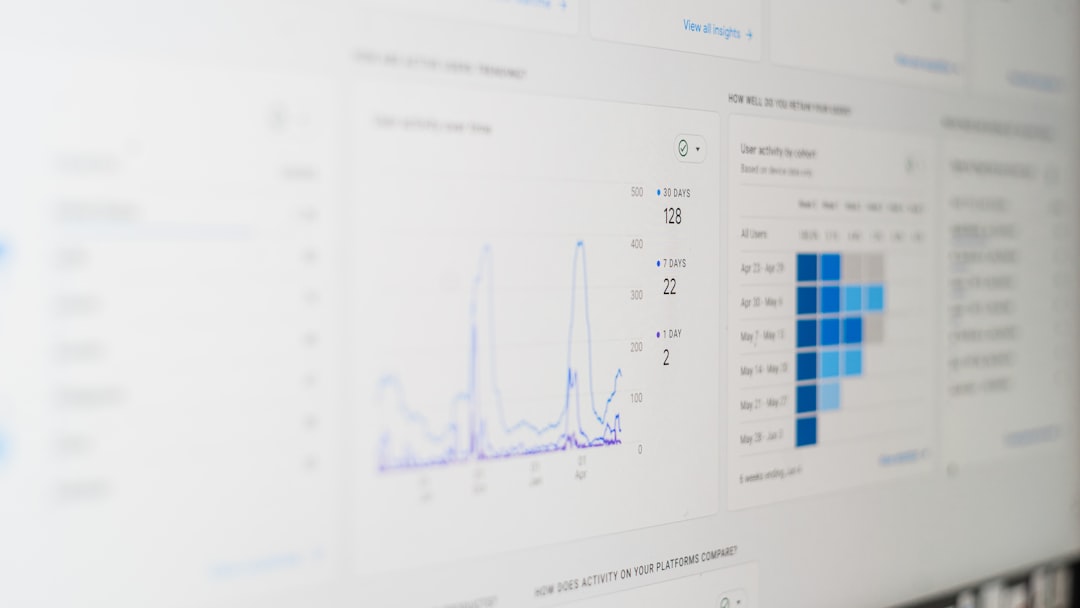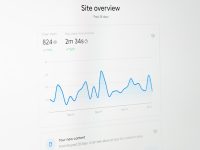Website speed is a critical component of modern SEO. As search engines like Google prioritize user experience, slow-loading pages can significantly hinder a site’s visibility in search results. Fortunately, artificial intelligence (AI) tools are increasingly being used to optimize website performance, offering data-driven insights and automation to improve loading times and overall efficiency.
Search engine algorithms consider page speed as a ranking factor, especially for mobile searches. A delay of even a single second could lead to reduced user engagement and higher bounce rates. This is why optimizing load times is no longer optional—it is a necessity for maintaining competitive SEO. AI tools have emerged as key allies in achieving these goals by analyzing website performance, identifying bottlenecks, and offering actionable suggestions and real-time enhancements.
How AI Tools Improve Website Speed
AI tools assist in a number of ways when it comes to optimizing site speed. Below are some of the most impactful methods:
- Automatic Image Optimization: One of the most common issues that slow down websites is the use of large, uncompressed images. AI-powered tools can automatically compress and resize images without compromising quality. They also suggest or implement next-gen formats such as WebP.
- Code Analysis and Minification: AI techniques can analyze HTML, CSS, and JavaScript files and automatically remove unnecessary elements through code minification. Machine learning algorithms can even detect unused CSS or identify scripts that can be deferred or loaded asynchronously.
- Server Response Optimization: AI can monitor server performance in real-time, suggesting better caching strategies or content delivery network (CDN) configurations to serve content faster to users.
- Load Time Auditing: AI-based auditing tools provide a comprehensive report of page load elements, rendering paths, and user interaction patterns. These insights help in pinpointing the areas most in need of enhancement.

Popular AI Tools in Use
Some well-known platforms that integrate AI to enhance website performance include:
- Google PageSpeed Insights: Powered by Lighthouse, this tool uses machine learning to offer customized recommendations for optimizing site speed and offers insights based on real user metrics from the Chrome User Experience Report.
- Cloudflare: With its AI-enhanced CDN, Cloudflare offers features such as smart caching, predictive routing, and content optimization that significantly improve global load times.
- Nitropack: An all-in-one performance optimization platform that uses AI to automatically handle caching, minification, image optimization, and lazy loading—ensuring minimal manual configuration.
These tools not only provide precise diagnostics but also apply enhancements in real-time, transforming complex technical requirements into automated solutions accessible to non-developers.
Predictive Analytics and Continuous Monitoring
Modern AI tools don’t just react to problems—they proactively prevent them. AI is uniquely capable of identifying trends and patterns in website performance that traditional testing tools may miss. Through predictive analytics, AI can forecast spikes in traffic, recommend preemptive optimizations, and even simulate user flows to detect slowdowns before they occur.
Additionally, AI-driven monitoring systems provide continuous performance evaluation. This ensures that new updates, plugins, or design changes don’t inadvertently degrade speed or functionality. The use of real-time anomaly detection is especially useful for avoiding prolonged periods of poor site performance—something that can severely impact SEO rankings.

Voice Search and Mobile Optimization
It’s also worth noting that mobile speed is more relevant than ever due to the growing dominance of voice search. AI tools are at the forefront of ensuring mobile-optimized speed through techniques like:
- Accelerated Mobile Pages (AMP): Automatically analyzing and converting mobile pages to AMP format.
- Responsive Resource Loading: AI determines which scripts and stylesheets are necessary for mobile users and loads them selectively, reducing weight.
By streamlining mobile experiences, AI not only enhances page speed but also aligns the website with new SEO trends like mobile-first indexing and voice search compatibility.
Conclusion
Website speed optimization through AI is no longer a luxury—it is a strategic necessity for strengthening your SEO performance. From automatic image compression to predictive performance analytics, AI tools provide a competitive edge in today’s digital environment. They help webmasters avoid manual complexities, protect against performance dips, and ensure that their content remains accessible and fast for users around the globe. Leveraging AI in this capacity is a smart move for any business serious about its online visibility and long-term growth.



Leave a Reply